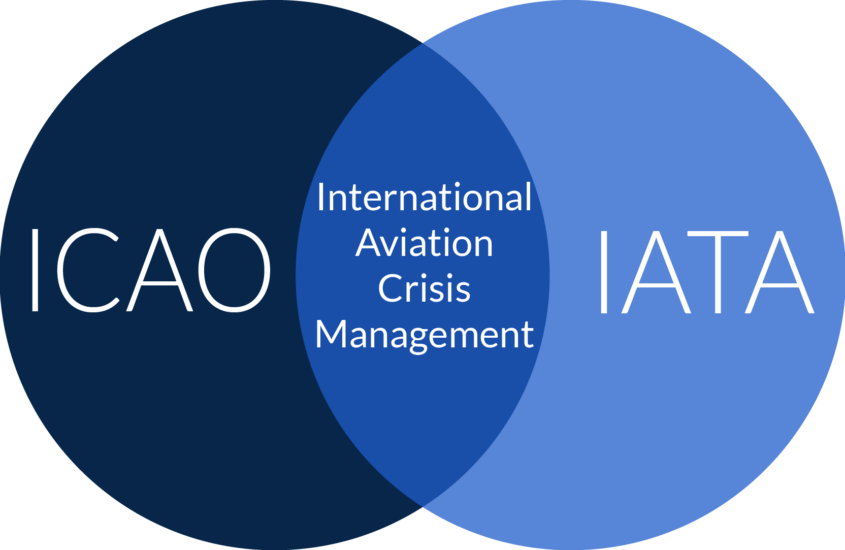Standards – ICAO and IATA are they in unison?

Another question I am often asked is, “Do you feel ICAO’s regulatory framework has kept pace with today’s consumer expectations and communications technology?”
My answer to this is that good crisis management programs address all aspects of consequence management, communication being one of those. As it stands now, ICAO has moved their single crisis management document from guidance to policy, one step below regulation. That is an improvement. One the other hand, IATA has recently diminished its support to the emergency response planning task force, effectively disbanding it. So in this case IATA and ICAO are not on concert. They should be. Crisis management should be a permanent working group. Discussions on post accident responses should be regular agenda items and stay visible at the Director / CEO level.
Secondly, ICAO and IATA should establish standards on crisis management. The industry has standards on cargo, catering, ticketing – but not crisis management. This creates two problems.
The first is inequality in the system creating disparate incident response. Many airlines dedicate extensive funds to being prepared for something they work very hard to prevent. They realize that accidents will happen and therefore they must be prepared. Others do nothing; they don’t even have a crisis manager or a plan. Their lack of planning and resources is only discovered at the time of the event. It not only causes great harm to people, but also to the industry.
The second is a lack of regulation or oversight of 3rd party crisis management responders. The market place is full of crisis management companies that advertise their experience and resources. Sadly, real experience is often limited, exaggerated, or inflated for marketing. Resources are non-existent or will be acquired at the time. How do airlines vet their partners? There is not an ISO standard for consequence management. So how do crisis managers who have never been involved in an accident know how to choose a good partner? Fortunately, many do the legwork, ask the questions, visit the facilities, and see the equipment and response manuals. But some don’t. Again, this results in great harm to people and makes things worse.
If ICAO and IATA would do those two things, I think you would see a big difference. In our experience, people don’t try and cause more distress after a loss. The responses are bad because people don’t have experience, they panic or shutdown, and leaders won’t make decisions. They never thought it would happen to them. For the families, there is no comfort in knowing that. They need and deserve support and a professional response system. So what is needed is for leadership to remind people that we don’t know when the next event is going happen, but we do know something will happen and therefore people have to be prepared.
In the absence of those, we have spent the last 12 months creating two tools: a self-auditing tool and standards for crisis management. We will be releasing those early next year, so perhaps that might be a foundation upon which ICAO or IATA can build.

Atif
Thank you for publishing this article. Indeed there are differences in outlook between ICAO and IATA on this subject. Thankfully regulations in several countries have taken it upon themselves to implement stringent crisis management regulations if airlines want to operate into their airspace. Thank you for creating this awareness.